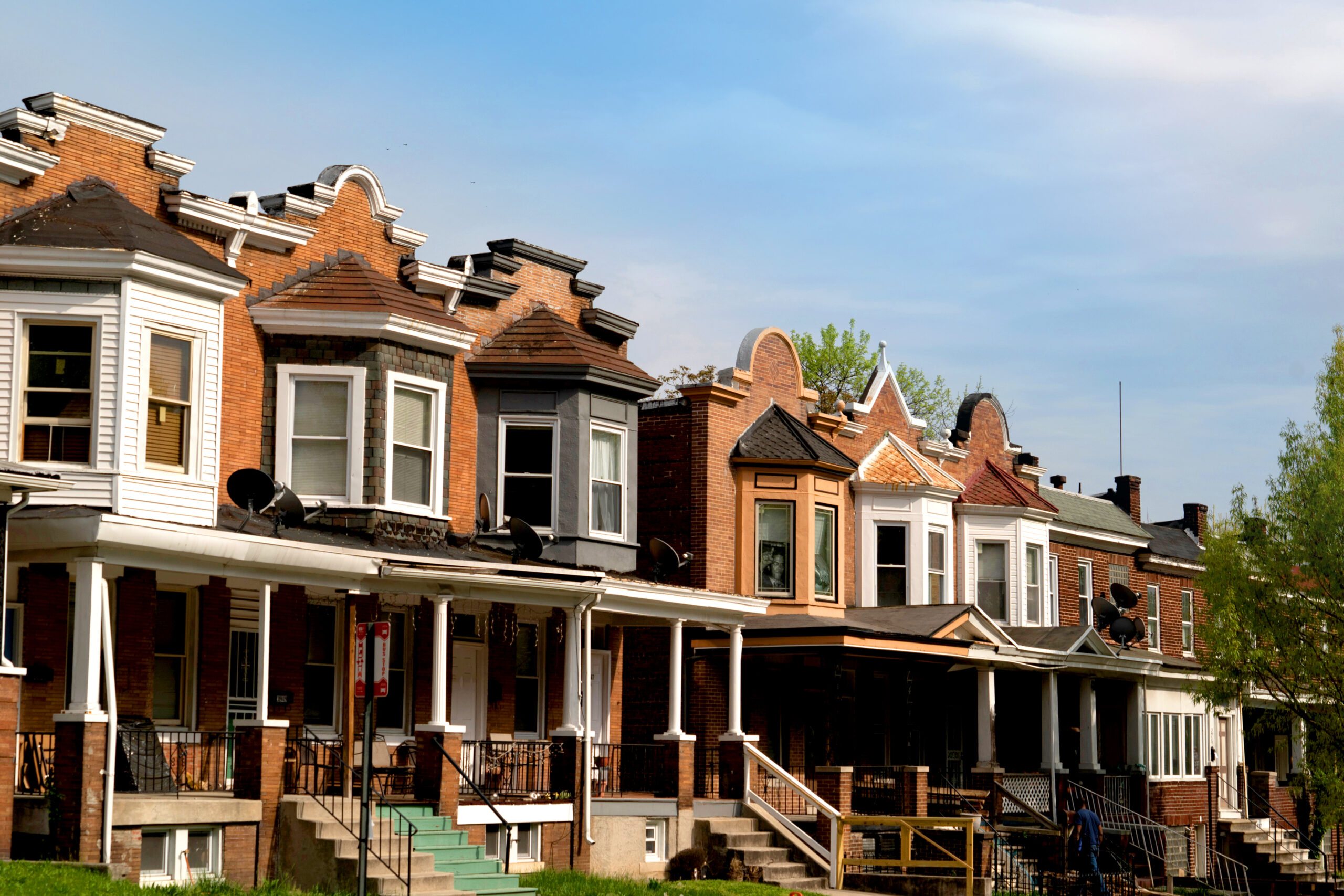Featured Reports


2024 Annual Report
A reflection on the promising new approaches and new resources that have been brought to bear in the last decade.
We believe that a community of creative problem-solvers, faced with complicated, seemingly intractable challenges, is well-served by thought-provoking, research-based information and analysis. We support the development and dissemination of research in two ways:
Abell Reports are commissioned reports by subject matter experts, academics, and investigative journalists that provide studies of selected issues on the public agenda.
These projects – undertaken with grant funding by academics and nonprofit research and advocacy organizations – advance learning on issues key to Baltimore City.
Sign up to get notified as new publications become available.


A reflection on the promising new approaches and new resources that have been brought to bear in the last decade.


Recent changes to state funding have reignited conversations among Maryland corrections leaders about expanding and strengthening electronic monitoring (EM) and pretrial services. This report summarizes key findings from the Justice Policy Institute’s research into EM as well as best practices.


Racial bias in home appraising can harm individuals by making home purchases more expensive or refinancing unattainable, but when compounded on the community level, it can have profound impacts on minority communities’ ability to build wealth. Using newly available federal data, this report finds evidence of systemic appraisal bias that undervalues homes in predominantly Black communities in Baltimore City and the surrounding counties.
Child care is critical to enabling families to work, to reopening the economy, and to broader community prosperity. This Abell Report asks how we can improve the financing and delivery of child care so that it is more equitable, efficient and effective for low-income families in Baltimore and across the state.
The teacher recertification process costs significant time and money for individual teachers and the broader public. This Abell Report lays out the process involved, describes the lack of clear outcomes, and asks if there’s a better way.
How can we best support young students who are struggling to read in school? In the context of unprecedented disruptions to our educational system, this Abell Report summarizes the research, documents the current landscape of programs, and offers recommendations.
Medical debt can be crushing to families and result in lawsuits as hospitals seek to recover their costs. With support from the Abell Foundation, the Maryland Consumer Rights Coalition commissioned a study to understand the impacts of prohibiting Maryland hospitals from filing medical debt below a variety of thresholds.
With support from the Abell Foundation, the Attorney General’s COVID-19 Access to Justice Task Force brought together diverse leaders to confront the civil legal issues exacerbated by the COVID-19 pandemic. This report captures their findings and recommendations.
Header photo courtesy of Venture for America.